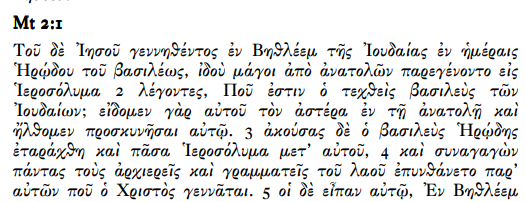European languages trace many of their words back to Greek. Strangely, many such words have no meaning in Greek itself. I did a little research and was amazed to find that these words in fact have their origins in Sanskrit.
Greece itself has numerous cities, which are named in Sanskrit. The Greek city of Trikala is derived from the Sanskrit work “त्रिकाल” which means past, present and future where as the city Xanthi gets its name from the Sanskrit word “शान्ति” which means peace.
In the Museum of Delphi in Greece, lies an artifact, which is considered the most powerful religious symbol and also believed to be the navel of the world. This artifact is none other than a shivlinga or ‘manifested divinity’ as regarded by the Greeks and is widely worshiped.
The Indian and Greek Civilisations are among the oldest in the word, and one cannot help but notice the striking similarities in their gods. Zeus and Indra are both kings of gods with thunderbolt and lightening as their weapon. Hades is the god of the netherworld and death. Yama, in Vedic Philosophy, assumes that role. The story of Icarus and Daedalus is one of the widest told stories in Greece, interestingly; it’s the same as the story of Jatayu and Sampati in India.
In his book, Mysteries of Ancient Greece, Coen Vonk writes, “The history and origin of ancient Greece were not clearly written down by the Greeks themselves, but ancient Indian writings such as the Puranas, the Mahabharata, and the Rajput genealogies may hold keys to solving some of these questions.” The superiority of the vedic culture is proved here as the ancient Greek civilisation is now no more but the vedic civilisation is reviving.





